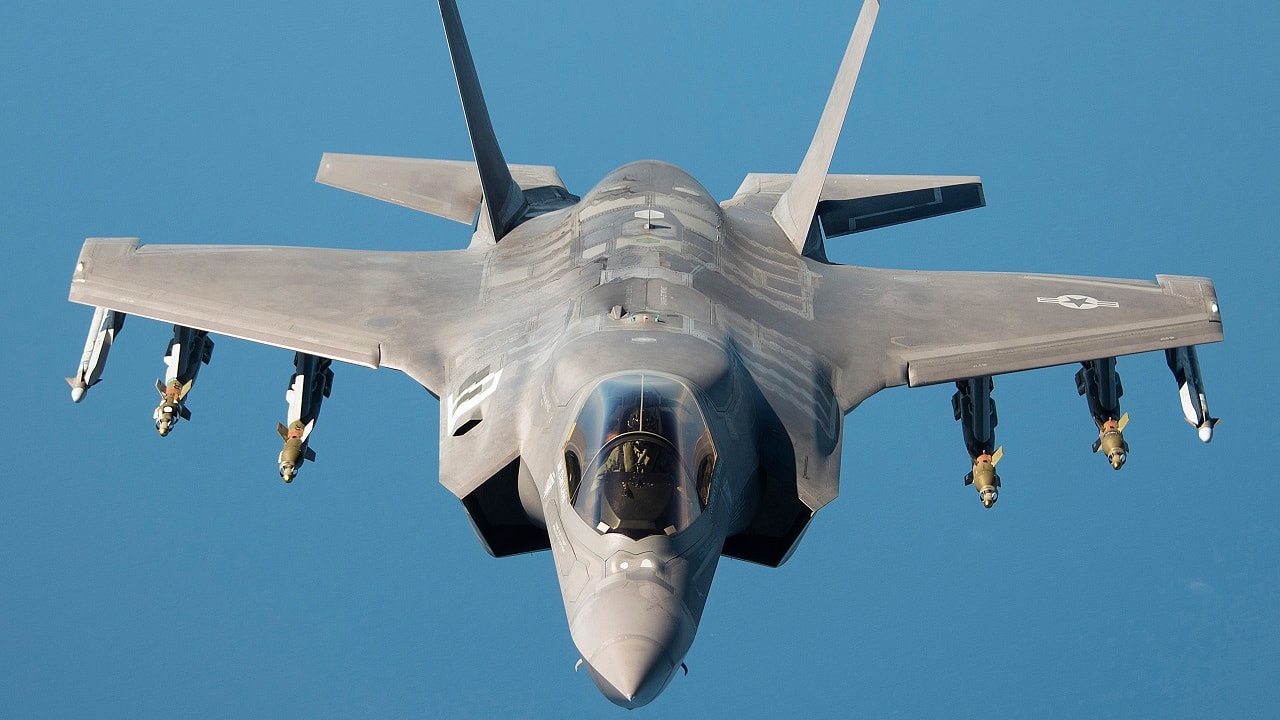Following Russia’s invasion of Ukraine, Europe is gearing up – The Russian invasion of Ukraine is causing waves through Europe’s security environment galvanizing central and eastern European countries into bolstering their defense, which some had neglected for years.
The most notable case is Germany. The European economic powerhouse and NATO member has for decades been under-investing in its defense. German defense spending reached a low of 1.06% of GDP in 2005. Following persistent U.S. calls, Germany’s military expenditure gradually began to rise. However, by 2020 it had only reached 1.4%.
The condition of the German military was so deplorable that on February 24, the day of Russia’s invasion, chief of staff of the German army Lt. Gen. Alfons Mais lamented that the army “is standing there more or less empty-handed.”
The options that the army can offer to the German government in support of NATO are “extremely limited” Mais added. The government’s response was swift.
On February 27, German Chancellor Olaf Sholz announced the creation of a special 100-billion-euros fund to additionally support the German military in 2022. This will put it over NATO’s 2% spending target. In contrast, in 2021, Germany had spent 47 billion euros on its defense.
Sholz said that henceforth Germany will be investing more than 2% on its defense, an expenditure target set by NATO.
Farther eastward, Finland is also preparing after Russia’s aggression in Ukraine.
Cold War
Finland has been feeling the threat of Russia for decades. Since losing territory to the Soviet Union as a result of the Winter War, Finland has had an uneasy but working relationship with Moscow.
Militarily neutral—and therefore not a NATO member—Finland nevertheless has one of the world’s most capable reserve forces and employs a holistic defense approach in case of another war with Russia.
Further, on April 5, as a result of Russia’s invasion, Finland announced that it will invest an extra 2 billion euros in its defense over the next four years. This amounts to 70% of its defense budget.
The defense spending boost comes closely at the heels of Finland’s largest military procurement in history as back in December Helsinki had announced a planned purchase of 64 F-35A Lighting IIs jets.
Highlighting the altered calculus for Finland, the country is now strongly considering joining NATO.
Ukraine War Means Eastern Europe Prepares
All across NATO’s eastern flank, the alliance’s members are gearing up.
Latvia, Estonia, and Lithuania all announced plans to increase their defense spending to 2.5% of their GDP. They were already spending approximately 2% of GDP on defense. The three Baltic countries border Russia and were part of the Soviet Union.
“Taking into account the changes in the security situation in Europe, which are related to the Russian military invasion of Ukraine, it is necessary to purposefully strengthen Latvia’s security and defense,” the Latvian defense minister said in March.
Latvia and Lithuania will spend the money on a number of projects. For Estonia, most of the added funds will go towards purchasing short- to mid-range air-defense systems.
Poland, which borders Ukraine to the west and has received over 2,6 million Ukrainian refugees so far, has been a proponent of a harder line against Moscow.

F-35 stealth fighter. Could Turkey rejoin the program if it gives up the S-400 to Ukraine?
Traditionally spending close or over 2% of GDP on defense, the Polish government announced in March, during a parliamentary session on the war in Ukraine, that it will increase that figure to 3% in 2023.
Deputy Polish Prime Minister Jaroslaw Kaczynski added that the figure will “increase further” in the future. In the past, Poland has made it explicit that its defense procurements aim at countering Russia.
Fellow NATO member Romania also announced a significant increase in military spending from 2% of GDP to 2.5% as a result of the war. The increase will likewise take effect from 2023.
Even Bulgaria, which has had a friendly relationship with Moscow, is re-evaluating its defense capability.
“We need a capable and combat-ready army that can protect us. We need to restore key military capabilities, but this means that serious spending must be done,” Bulgarian Defense Minister Dragomir Zakov said in late March. Bulgaria currently has one of the weakest militaries in NATO.
Ukraine Invasion: A Bad Move
Russia’s war against Ukraine is proving to be the end of self-imposed innocence for many European countries. At the same time, it has renewed NATO’s raison d’être, is leading to the strengthening of its members, and is causing traditionally neutral countries to reassess their position. This will only weaken Russia.
Constantine Atlamazoglou works on transatlantic and European security. He holds a master’s degree in security studies and European affairs from the Fletcher School of Law and Diplomacy.

